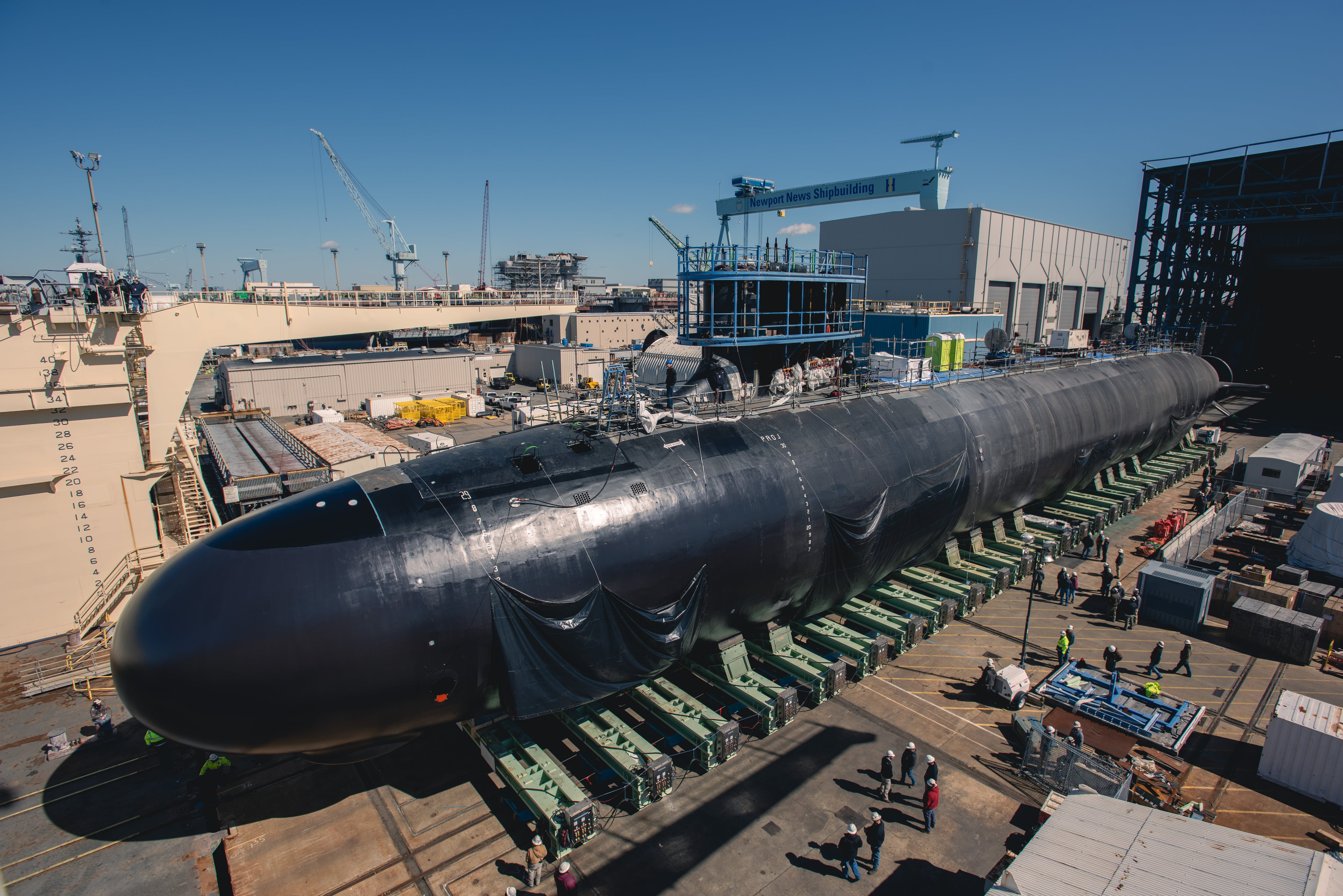WASHINGTON ― Congress on Thursday passed its third consecutive stopgap funding bill needed to avoid a partial government shutdown, extending Defense Department funding through March 8 as lawmakers continue to negotiate a full budget for fiscal 2024, which began on Oct. 1.
The short-term continuing resolution comes as lawmakers race to draft final defense spending legislation at an $886 billion defense spending top line stipulated in last year’s debt ceiling agreement. Failure to do so could result in a one-year CR pursuant to the debt deal that would cut funding for all federal agencies, including the Pentagon, by 1% from FY23 levels.
“By continuing to move from one stopgap bill to another, we are shooting ourselves in the foot,” Sen. John Cornyn, R-Texas, said Wednesday on the Senate floor. “We’re weakening our own defense as China’s military strength continues to grow, and as we see more and more aggression on the part of Iran in the Middle East through various proxies like Hamas.”
The CR passed the Senate 77-18 and the House 314-108. While it extends Defense Department funding through March 8, funds appropriated for military construction will expire March 1. The cascading effect of short-term funding bills hampers Pentagon contracting on programs ranging from shipbuilding to the beleaguered munitions industrial base.
Navy Comptroller Russ Rumbaugh warned Wednesday that if Congress does not pass the FY24 budget “very, very soon,” the Pentagon would have to start taking actions to prepare for a sequester.
“It’s a $26 billion hit for us of misaligned funds if we’re under a full-year CR,” or continuing resolution, Rumbaugh said at a virtual event hosted by Mission Acceleration Center Pacific Northwest. “If we take sequester on top of that, add another $2.5 billion, almost $30 billion.”
He said the topline agreement would allow for a 4.5% increase to the Navy budget if Congress passes its FY24 appropriations bills.
“We are fortunate that part of the Navy got one of the few anomalies – the special exceptions in the current continuing resolution – that allows us to procure the second boat of the Columbia-class,” said Rumbaugh. “Without that Columbia class, we are staring at a fundamental problem in our nuclear deterrent.”
The third stopgap funding bill increases the carveout for the Navy to procure the second Columbia-class ballistic missile submarine up to $2.2 billion.
Still, the lack of a full FY24 budget hinders three other Navy ship programs: the Virginia-class attack submarine, the Constellation-class frigate and a new submarine tender replacement program.
Justin McFarlin, the deputy assistant secretary of defense for industrial base development & international engagement, told Defense News that the CR will likely affect the Pentagon’s newly unveiled National Defense Industrial Strategy as they try to implement it.
“Just making sure we have the bodies to actually put it all together and push forward with that strategy is challenging in a resource-constrained environment,” said McFarlin. "
The office of industry engagement, for example, is a brand-new office,” he said. “When you’re thinking about a continuing resolution that funds the Pentagon at the level that it was last year, if this office didn’t exist, basically that means that this office doesn’t get any funding.”
Bill Lynn, the former deputy secretary of defense who is now the CEO of Leonardo DRS, said a half-year or full-year continuing resolution would be “extremely, extremely disruptive.”
“You’re going to enforce unpredictability on the department, because you’re going to lower the numbers, and you’re going to force the department in a very short timeframe to make fairly dramatic budget changes,” said Lynn.
“Where you’re going to go is the investment accounts,” he said. “You can change production lines almost overnight if you want. You can say, I’m only going to buy half of them. It costs you a fortune and it’s destructive to industry, but that is what you do.”
Bryant Harris is the Congress reporter for Defense News. He has covered U.S. foreign policy, national security, international affairs and politics in Washington since 2014. He has also written for Foreign Policy, Al-Monitor, Al Jazeera English and IPS News.
Noah Robertson is the Pentagon reporter at Defense News. He previously covered national security for the Christian Science Monitor. He holds a bachelor’s degree in English and government from the College of William & Mary in his hometown of Williamsburg, Virginia.





